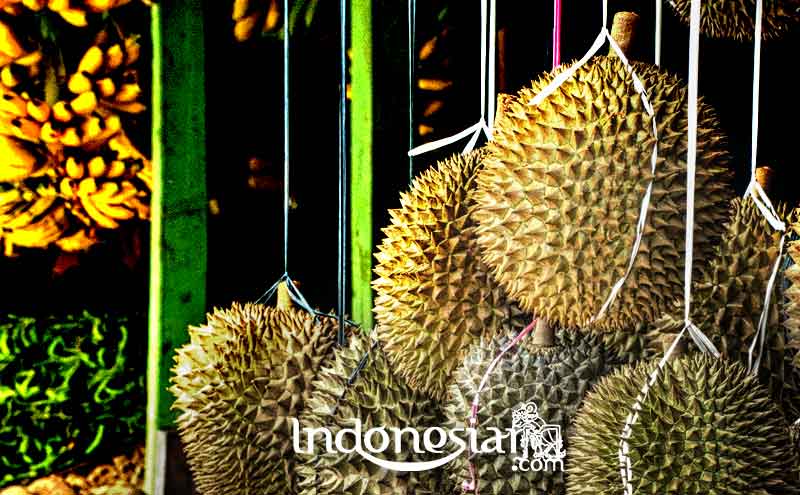News & Events
Why are Indonesians Creative when processing Durian Fruits?

Indonesia is a country rich in natural products. One of them is the existence of the durian tree plant. For Indonesians, durian fruit has good benefits for personal needs and general needs.
During the durian season, this fruit can be produced in abundance, especially in production centers in the regions. Traditionally, this excessive pulp is usually preserved by cooking it with sugar into durian dodol (commonly called lempok), or by fermenting it into tempoyak.
Furthermore, this sour tasting tempoyak is usually used as a cooking ingredient such as tempoyak chili sauce, or for cooking fish mixture. Durian is often processed into a mixture of traditional pastries, such as gelamai or jenang.
Sometimes, durian is mixed in a dish of pulut rice (sticky rice) along with coconut milk. In today’s world, durian (or its aroma) is commonly mixed in candy, ice cream, milk, and various other refreshing drinks.
The seeds can be eaten as a snack after being boiled or grilled or mixed in durian compote. Raw durian seeds are poisonous and inedible because they contain the fatty acid cyclopropene (cyclopropene).
Durian seeds contain about 27% amylose. Leaf buds (shoots), flower petals, and young fruits can be cooked as vegetables. Some parts of the plant are sometimes used as ingredients in traditional medicine. The root is used as a fever medicine. The leaves, mixed with jeringau (Acorus calamus), are used to cure ferns (infection of the nails).
Fruit skin to treat rashes on the skin (ringworm) and constipation (constipation). The skin of this fruit is usually burned and the ashes are used in potions to launch menstruation and to abort the womb. Ash and ash immersion water is also used as a mixture of traditional dyes.
Some people in Java use the durian skin that has been eaten as a mosquito repellent by placing it in the corner of the room.
The sapwood is white and the terrace is reddish. Mild, but not very durable and susceptible to termites. Usually used as furniture, packing crates, and light construction materials under the roof, as long as it is not in contact with the ground.
So, have you ever tried processed food from Indonesia made from durian? Come on, give it a try.
Leave a Reply Cancel reply
You must be logged in to post a comment.